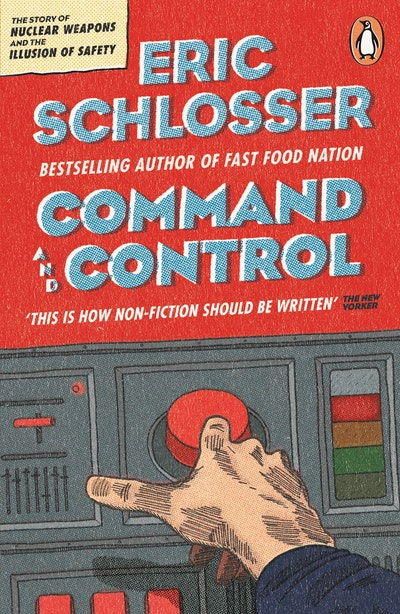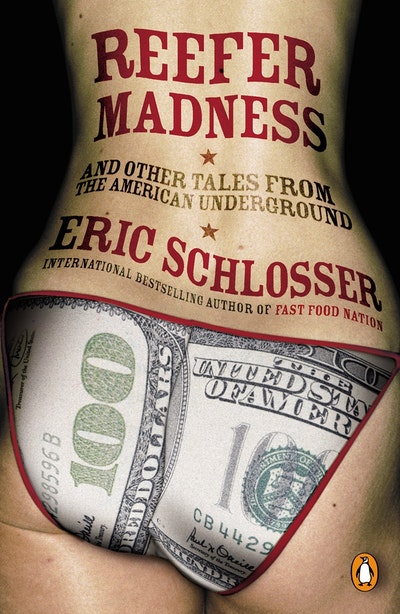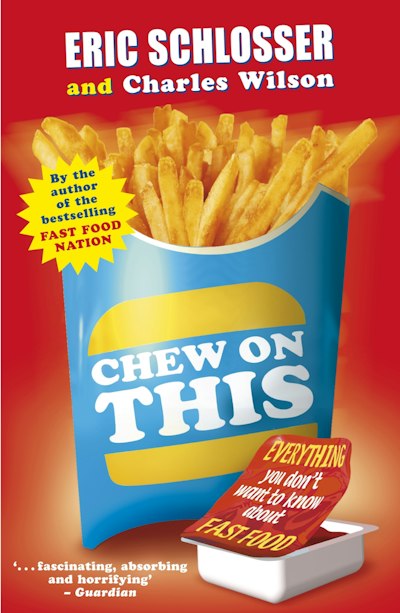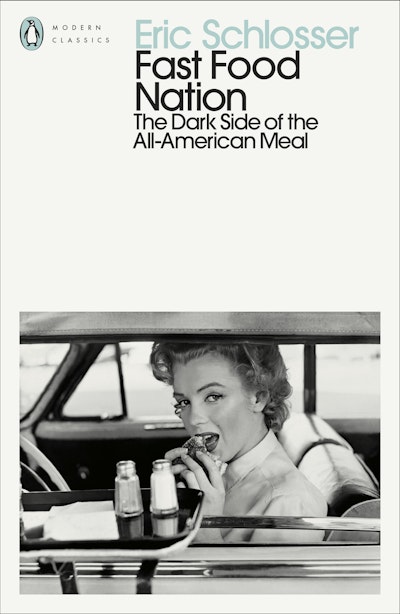- Published: 27 August 2014
- ISBN: 9780141037912
- Imprint: Penguin Press
- Format: Paperback
- Pages: 656
- RRP: $36.99
Command and Control
- Published: 27 August 2014
- ISBN: 9780141037912
- Imprint: Penguin Press
- Format: Paperback
- Pages: 656
- RRP: $36.99
So damnably readable. It drives the vision of a world trembling on the edge of a fatal precipice deep into your mind ... a piece of work of the deepest import, with the multilayered density of an ambitiously conceived novel
John Lloyd, Financial Times
Do you really want to read about the thermonuclear warheads that are still aimed at the city where you live? Do you really need to know about the appalling security issues that have dogged nuclear weapons in the 70 years since their invention? Yes, you do. In Schlosser's hands it is a reading treat ... he's a natural genius
Jonathan Franzen, Guardian, Books of the Year
Part techno-thriller, part careful historical investigation ... beautifully written and impressively researched
Gerard DeGroot, Daily Telegraph
Brilliant, gripping, chilling
Steven Shapin, London Review of Books
The author of Fast Food Nation does for the American nuclear industry what he did for industrial food production
Economist, Books of the Year
Eric Schlosser detonates a truth bomb in Command and Control
Vanity Fair
Deeply reported, deeply frightening . . . a techno-thriller of the first order
Los Angeles Times
An excellent journalistic investigation of the efforts made since the first atomic bomb was exploded, outside Alamogordo, New Mexico, on July 16, 1945, to put some kind of harness on nuclear weaponry. By a miracle of information management, Schlosser has synthesized a huge archive of material, including government reports, scientific papers, and a substantial historical and polemical literature on nukes, and transformed it into a crisp narrative covering more than fifty years of scientific and political change. And he has interwoven that narrative with a hair-raising, minute-by-minute account of an accident at a Titan II missile silo in Arkansas, in 1980, which he renders in the manner of a techno-thriller . . . Command and Control is how nonfiction should be written
Louis Menand, The New Yorker
A devastatingly lucid and detailed new history of nuclear weapons in the U.S. . . . fascinating
Lev Grossman, Time
Command and Control ranks among the most nightmarish books written in recent years; and in that crowded company it bids fair to stand at the summit. It is the more horrific for being so incontrovertibly right and so damnably readable. Page after relentless page, it drives the vision of a world trembling on the edge of a fatal precipice deep into your reluctant mind . . . a work with the multilayered density of an ambitiously conceived novel . . . Schlosser has done what journalism does at its best when at full stretch: he has spent time - years - researching, interviewing, understanding and reflecting to give us a piece of work of the deepest import
Financial Times
Perilous and gripping . . . Schlosser skillfully weaves together an engrossing account of both the science and the politics of nuclear weapons safety . . . The story of the missile silo accident unfolds with the pacing, thrill and techno details of an episode of 24
San Francisco Chronicle
Disquieting but riveting . . . fascinating . . . Schlosser's readers (and he deserves a great many) will be struck by how frequently the people he cites attribute the absence of accidental explosions and nuclear war to divine intervention or sheer luck rather than to human wisdom and skill. Whatever was responsible, we will clearly need many more of it in the years to come
New York Times Book Review
Easily the most unsettling work of nonfiction I've ever read, Schlosser's six-year investigation of America's 'broken arrows' (nuclear weapons mishaps) is by and large historical-this stuff is top secret, after all-but the book is beyond relevant. It's critical reading in a nation with thousands of nukes still on hair-trigger alert . . . Command and Control reads like a character-driven thriller as Schlosser draws on his deep reporting, extensive interviews, and documents obtained via the Freedom of Information Act to demonstrate how human error, computer glitches, dilution of authority, poor communications, occasional incompetence, and the routine hoarding of crucial information have nearly brought about our worst nightmare on numerous occasions
Mother Jones
A powerful mix of history, politics, and technology, told with impressive authority
Independent
Eric Schlosser brings the investigative rigour of his big hit Fast Food Nation to this overview of our global nuclear arsenal
Herald







